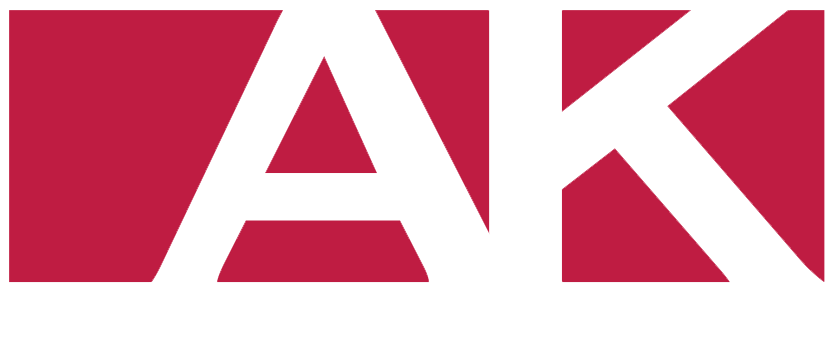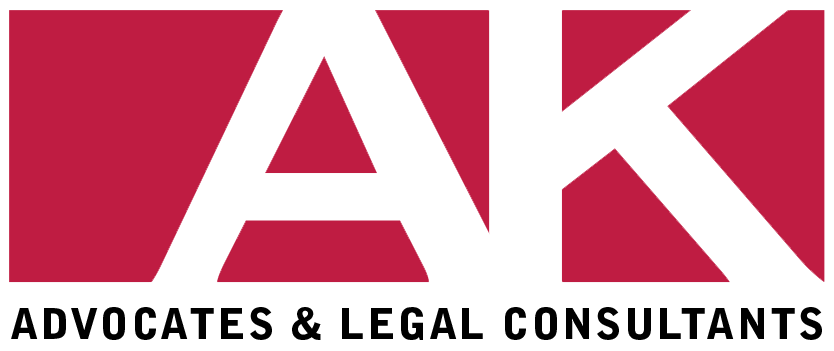Between a stay of proceedings in Israeli law and American Chapter 11
Between a stay of proceedings in Israeli lawand the American Chapter 11
A company that is in trouble usually needs protection from its creditors for a certain period of time in order to carry out a re-organization that may be restored or saved as a going concern for the benefit of the creditors. The sale of a company as a going concern brings greater benefits to creditors, employees and shareholders than to the sale of its assets on an individual basis. This is because the compensation received is higher and in addition the workplaces are kept. Chapter 11 of the US Bankruptcy Act has been enacted to allow the protection of a faltering company for a period of time (typically 120 days) for re-organization, and only if there is no chance from the outset or the attempt is unsuccessful. Discount that they know well.
In Israel, a similar arrangement exists under the provisions of Section 350 of the Companies Law. According to the law, the condition for obtaining a stay of proceedings order is to submit a proposal for settlement or compromise with the creditors. If a stay-of-proceedings order is issued, it is granted for a period of 9 months. In such a case, an external trustee is usually appointed responsible for implementing the arrangement.
Presenting the
Issue
Take for example a company that has been operating for years, has a product in demand, a means of production and a marketing system that employs hundreds of workers, is in a credit crunch (but it is still unclear whether it is insolvent). The reasons for this can be varied: failed management, collapse of key customers, international economic crisis, etc. The banks close the taps and the company's checks begin to return, the rumor spreads like wildfire and panic is gripping customers, suppliers and employees. In extreme cases, creditors, customers and even frightened employees break into the company's warehouses and offices and plunder everything in hand to save some of the debt that at this stage seems lost, and only when a temporary liquidator or receiver is appointed to do so. To sell what was left and to divide it into creditors in the order that the law provides. That means that if there was any chance of saving the company, the situation described above, finally rejected such a possibility.
Life experience shows that generally selling a company as a "going concern" will be more beneficial to all the parties involved (creditors, employees and even shareholders) than the individual sale of the company's assets, both in terms of the monetary consideration received and in terms of the public interest of preserving jobs.
What the company needs during the crisis is a certain period of time in order to try to streamline and reorganize according to some recovery plan. So that it would be necessary to provide the Company with protection against its creditors during this period. During this period, the Company will summarize the chances of recovery and exit the insolvency track (liquidation) or at least preserve the business as a going concern, which, if sold, will receive a higher return relative to the sale of individual assets. This problem just came to solve the famous arrangement known as Chapter 11, which was named after Chapter 11 of the US Bankruptcy Code.
A business owner (whether corporate or private) may apply to the court and seek protection of the law under Chapter 11. The essence of Chapter 11 is "reorganization" as distinct from liquidation or bankruptcy. In ordinary bankruptcy (according to Chapter 7) the business ceases to operate, the trustee sells his assets and distributes the proceeds to the creditors, and the remaining to the owners. On the other hand, when a protection order is issued under Chapter 11, the business owners will usually continue to operate it under the supervision of the court, and as such they will act as trustees. The assumption is that no one knows the company and its business better than they do. Upon issuing the order, the legal proceedings against the business are automatically frozen and new proceedings cannot be opened against him. In addition to the stay of proceedings, the law provides the owners with tools for rehabilitation. Thus, for example, they may receive additional credit against the possibility of the lender making a first repayment of the business profits. The court may also permit them to renounce harmful agreements and annul them. If, after the reorganization process, the company's debts still exceed the value of its assets, the owners' rights in the business are threatened and the creditors remain with the rehabilitated business.
At the center of the process is the "Rehabilitation Plan" (hereinafter: "the Plan"). The plan should be supported by creditors. The business owner is granted the first right to offer a plan for a fixed period (usually 120 days). For this period creditors are also allowed to offer their own plan. Only if the scheme is supported by most creditors, the court will approve. In the absence of the creditors' approval, the court may send the business to liquidation under Chapter 7 or alternatively cancel the bankruptcy proceedings and return the business to its previous state.
Payment to creditors pursuant to Chapter 11 is done according to the law precedes ordinary bankruptcy proceedings. Secured creditors will repay first, followed by unsecured creditors (among which suppliers and employees may be reimbursed first and then other creditors). Each class will be repaid in full and from what will be left to be redeemed.
There is also criticism of the Chapter 11. Some argue that it is an escape route for failed management and / or managers and allows them to continue to act. Failed companies that operate under Chapter 11 have an advantage over other companies. Their continued activity distorts market forces and harms the competitiveness and stability of competing companies. This is contrary to the desire for an efficient economy. Chapter 11 protection sometimes preserves an unhealthy state of excess capacity in a particular market segment, which also harms strong and stable companies. Some use the protection of the law as a management tool. A typical example of this is the US aviation market, and in 2006, over 50% of the capacity seats of US airlines were provided by companies operating under Chapter 11 protection!!! These companies benefited from the ability to worsen wages, temporarily stop repaying loans and use the money available to lower ticket prices or to develop other routes, all under the auspices of the court.
On September 15, 2008, the largest motion in history for Chapter 11 protection was filed with the New York Court on behalf of Lehman Brothers Holding Inc. Whose total assets before the bankruptcy was about $ 639 billion.
Staying of
proceedings in Israel
In Israel, there is a slightly similar arrangement to that of Chapter 11. In Section 350 of the Companies Law, 5759-1999 (hereinafter: the Companies Law), as opposed to the detailed American law, this is only one concise clause that leaves very broad discretion To the courts, and indeed the laws in Israel on this issue are mainly the result of the rulings of the courts, which over the years were formed on a layer and were influenced by the worldview and wisdom of a handful of judges who dealt and specialized in this field.
According to Section 350 (a) of the Companies Law, the proceeding is conditional from the outset on the submission of a compromise proposal or arrangement (between the Company and its creditors or shareholders, or between it and a certain type thereof) (hereinafter: "the Plan"). If such a plan is submitted, the court may order the convening of a meeting of such creditors or shareholders in a manner to be prescribed by the court. If such a plan is submitted, the court is entitled, if it is convinced that it will assist in the formulation or approval of a plan to rehabilitate the company, to issue an order to stay proceedings for a period not exceeding nine months (section 350 (b) of the Companies Law).
Here we see two distinct differences between our arrangement and Chapter 11: In the United States, it is not necessary to submit a plan as soon as the application is submitted, which can be done during the 120-day freeze period. Here, submitting the plan is a precondition (but insufficient) for granting the order. On the other hand, the freeze period is much longer and is 9 months.
In addition, in Israel Article 350 applies only to companies. In the US, the arrangement is open to both corporations and individuals.
In Israel, the courts tend to appoint an external trustee ("position holder") and authorize him to manage the company and / or supervise its management, to maintain its assets, to convene the meetings of the creditors and shareholders, etc. In contrast to the US, Fraudulent acts, leaving the responsibility for formulating the recovery plan in the hands of the original management.
Contact UsKriel & Co. Advocates & Legal Consultants
Contact Us
Thanks for your inquiry, we will contact you shortly.
Oops, an error has occurred, please try again later.
Links:
Head Office:
+972-77-3-180-782
Assaf@AKlawfirm.co.il
28 HaArba'a St.,North Tower, 5th Fl., Tel-Aviv, Israel 6473925
Modiin Office:
+972-77-3-180-782
38 Dam Hamaccabim , Dona 1 Tower, 2nd.Floor, Pre-schedule meeting only


We believe that no client is too small and no opponent is too powerful. Our philosophy has always been that every client deserves the most skillful counseling and aggressive legal representation that we can provide to produce for our clients truly exceptional results.
The site was built by Kidum Plus - site building and website promotion



